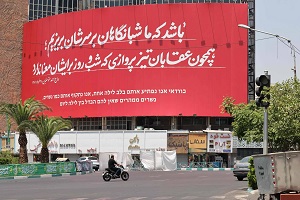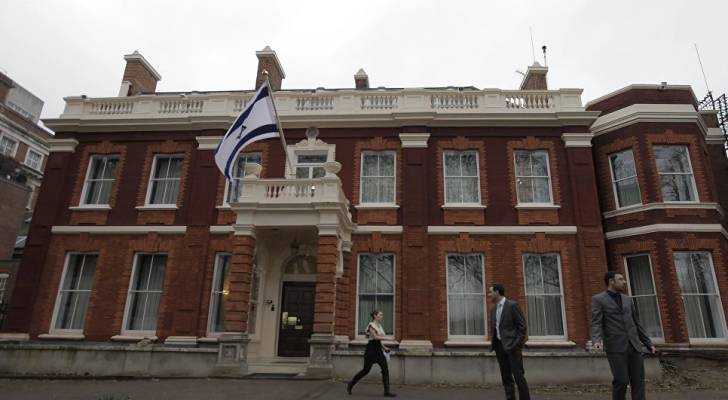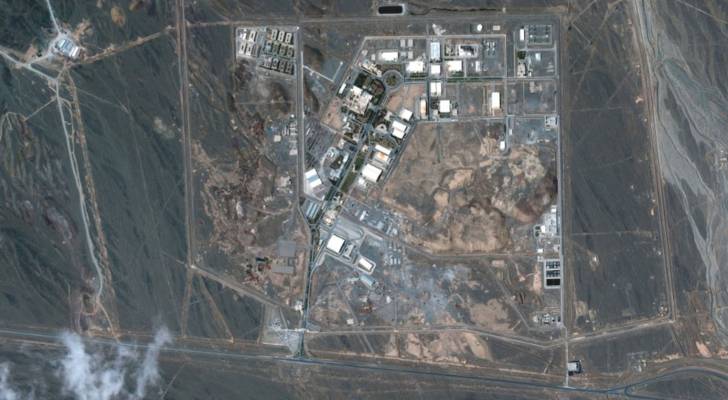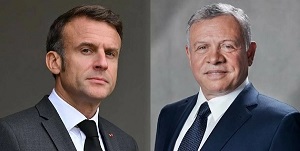Crises in the region never stop - By Raad Mahmoud Al-Tal, The Jordan Times
Jordan has a unique geographic location. It connects different parts of the region and acts as a trade gateway. But this advantage also brings risks. Our region faces frequent political tensions and conflicts, and these directly affect the economy. Political instability scares investors, increases energy prices, disrupts supply chains, and raises transport and import costs.
Over the last 30 years, since Jordan’s economic crisis in 1989, the country has faced a major regional crisis roughly every six years. These include the Gulf War in 1990, the Iraq War in 2003, the global financial crisis in 2009, the Arab Spring in 2011, the rise of terrorist groups in 2014, the COVID-19 pandemic in 2020, the Russia-Ukraine war in 2022, and the war on Gaza in 2023. Each of these events brought economic damage — slower growth, larger budget deficits, higher public debt, and delays in carrying out economic strategies and plans.
For example, the global financial crisis in 2009 raised the debt-to-GDP ratio by about 15 per cent. Between 2011 and 2014, the Arab Spring and energy supply issues added another 30 per cent in debt. From 2014 to 2017, Jordan’s borders with Syria and Iraq were closed, and the country hosted a large number of refugees. That situation pushed debt up by another 15 per cent.
Because these crises keep happening, the government needs to think ahead and always be prepared. This means applying a strategy of “economic hedging” — having plans to reduce the impact of shocks. Key areas of focus should include maintaining strong foreign currency reserves, building up food and fuel supplies, and preparing for the possibility that demand in the economy — consumption, investment, exports, and tourism — could fall.
Currently, Jordan’s foreign reserves can cover imports for eight months, which is a healthy level. The country also has enough wheat to last about ten months. However, oil reserves are low and would only last for two months, which is a weak spot that needs attention.
As we prepare the 2026 national budget, we must plan for different scenarios, including the risk that revenues will fall and emergency spending will rise. A flexible, forward-looking budget will help protect Jordan’s financial and social stability during uncertain times.
Economic reform in Jordan over the last few decades has focused on three goals: first, raising government revenue by expanding the tax base; second, reducing spending by cutting subsidies and improving public sector efficiency; and third, growing the economy by attracting investment, boosting exports, and developing productive sectors. But no matter how strong these reforms look on paper, they are always under threat from new crises in the region.
That is why, when implementing Jordan’s Economic Modernisation Vision, we must be realistic. Some projects may be delayed, changed, or even canceled because of external shocks. The vision must be flexible and include multiple future scenarios — from best to worst — so that Jordan is ready for whatever may come!
Latest News
-
 Israel Warns 'Tehran Will Burn' if More Missiles Fired
Israel Warns 'Tehran Will Burn' if More Missiles Fired
-
 Iran calls nuclear talks with US 'meaningless' after 'Israel’s' military strike
Iran calls nuclear talks with US 'meaningless' after 'Israel’s' military strike
-
 'Israel' closes embassies worldwide amid rising tensions, urges citizens to stay
'Israel' closes embassies worldwide amid rising tensions, urges citizens to stay
-
 IAEA confirms internal contamination at Iran’s Natanz site
IAEA confirms internal contamination at Iran’s Natanz site
-
 King receives call from Macron, urges immediate action to end dangerous escalation in region
King receives call from Macron, urges immediate action to end dangerous escalation in region